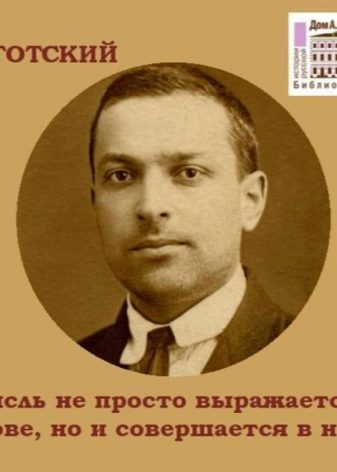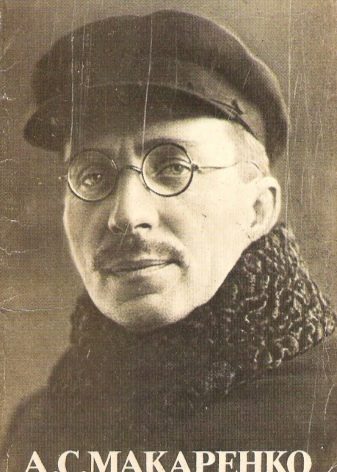The history of the emergence of the teaching profession

It is difficult to overestimate the role of a teacher - surely each of us remembers one or more teachers who left a bright mark on our souls. How this profession appeared, and what place the teacher occupies in the life of any modern person, will be discussed in our article.
What factors led to the emergence of the profession?
The origin of pedagogy goes back to the primitive era. In ancient times, when the division of labor did not yet exist among primitive people, adults and young members of the tribe participated on equal terms in obtaining food. This was the only purpose of existence during that period. Any transfer of life experience was closely intertwined with work activity..
From the earliest years, young members of the community learned about the methods of hunting and gathering, mastered the necessary skills. As the tools of labor improved, it became possible not to involve the oldest in this work; they were entrusted with the responsibility to keep the fire and look after the little ones.
This is how the first group of educators appeared, it included elders, whose only task was to take care of preparing the young generation for adulthood. With the development of civilization and social consciousness, the task of teachers also included the issue of religious and moral education of children. Over time, people have noticed that it is much easier to gather all the children of the community at once and have conversations with them on a variety of topics than to teach them the necessary skills one by one.
This is how the first school appeared in Ancient Greece - the famous scientist Pythagoras became its creator.His pedagogy taught children sports, sciences, music and medicine.
Later, schools were opened throughout Greece, and training was no longer carried out on the street, as before, but in specially designated buildings. This is exactly how the birth of pedagogy as a science took place.
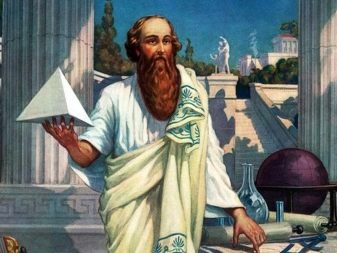
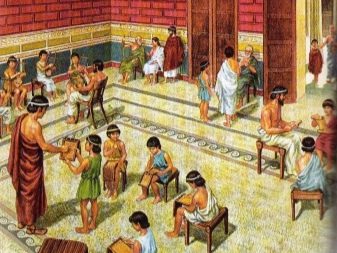
Stages of formation
Pedagogical activity today is a profession, the purpose of which is to create conditions for the formation of a harmonious personality. The work of a teacher is undoubtedly hard work. However, this direction did not reach the professional level at once.
After the appearance of the first schools in Greece, it became obvious that not every adult member of the community is able to conduct educational conversations with children, but only one who has a great store of knowledge and personal qualities that allow him to explain a particular issue, convey information to other people. Thus, in ancient times, the first understanding appeared that pedagogical activity should reach a professional level, however, a lot of time passed from the idea to its implementation.
If we consider history as a whole, then the formation of pedagogy can be divided into several stages.
Preprofessional
This period fell on the early stage of human development. The data that have come down to us indicate that pedagogical activity even then was of a meaningful and diverse nature. At that time, children were taught the basics of agriculture, craft activities, gathering and the skills of using the lunar calendar.
With the development of religion, the functions of a teacher were taken over by shamans and priests, as well as all kinds of healers and spellcasters.
As social relations developed, specialized training appeared - the duties of a teacher were assumed by specially trained people, for whom training became their main job.
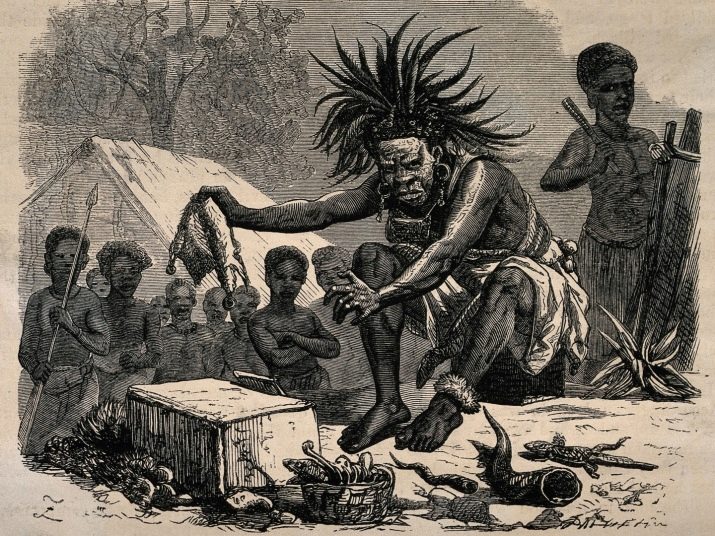
Conditionally professional
With the development of society, people began to acquire private property, this necessitated a change in social education to family education. At that time, the role of teacher was taken by hired teachers or educated slaves. In that era, the development of writing took place, the methods of preserving and transmitting information improved..
This left its mark on the technique of pedagogical activity - it was isolated from the industrial and religious spheres of life, transformed into a verbal-sign science. In the same period, there was also a tendency to single out a separate cohort of teachers who were engaged in educational activities in specially designated institutions.
During the slave system, teaching children became an independent activity.
During the Middle Ages in Western and Central Europe there was a sharp rejection of the ancient heritage and the complete submission of the process of teaching Christian doctrine... This led to a significant decrease in the general educational level. The reason for this is that the teaching fell on the shoulders of monks who had no pedagogical experience. In those years, there was no such thing as a lesson, and the children studied everything at once - some students memorized letters, others syllables, others learned to count, etc.
Gradually, the society began to understand that such a system “does not work,” and education should go to a different level. That is why shop schools began to open in cities, and in the XII-XIII centuries. the first universities appeared, teaching in which was carried out by the most famous scientists of that time. This, in turn, has led to a shortage of teachers. There was a need to introduce a classroom-lesson system in schools, and in universities - a lecture-seminar system. This innovation ensured a more rational use of the teacher's time and led to a significant improvement in the quality of education.
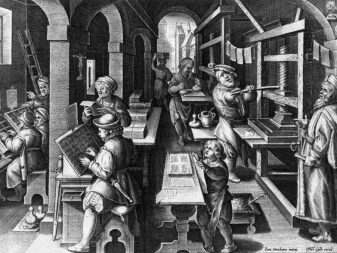
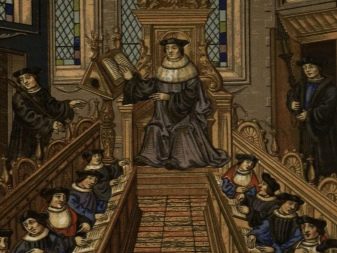
Professional
With the development of society, the range of tasks of the teacher has expanded significantly. This gradually led to the separation of separate pedagogical specialties. At this stage, there was a need to create a school to train the teachers themselves. It is no coincidence that the 18th century is called the era of the Enlightenment - at that time, education and upbringing became the main socially transforming factors of social development.
The professional stage in the development of pedagogy is characterized by a fairly wide coverage of people employed in this area, the convergence of the educational system with real life. The science of that time consolidated the idea of universal pedagogy, during this period there is an active search for new forms of education, as well as an increase in the social status of the teacher and the setting of more important and complex tasks for pedagogy.
Modern
Today, teachers, in preparation for the profession, receive special education at various levels, they work in various preschool, school and higher educational institutions, as well as in organizations for retraining.
The activity of any teacher is subject to the tasks of the all-round development of a person, his adaptation to life in society and the mastery of professional skills.
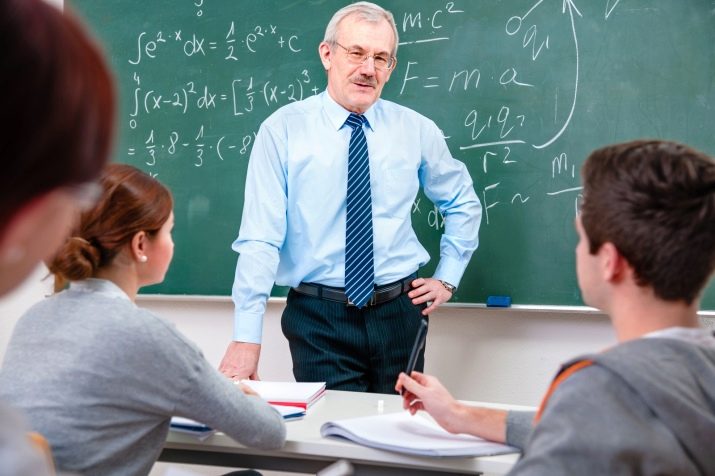
The role of the teacher
A teacher these days is not only a profession, it is a vocation. The very word "teacher" is known to all people - from five-year-old kids to deep elders. Teachers were valued at all times, and their work was considered responsible and noble.
The teacher performs several functions at once:
- educational - through upbringing, the teacher influences the formation and all-round development of a personality capable of adapting in society and the world;
- educational - the teacher contributes to the development of cognitive and intellectual abilities in his students, instills in them a craving for knowledge, helps to direct the knowledge gained to achieve a particular goal;
- communicative - any communication between a teacher and a student develops on the basis of a trusting relationship, the teacher constantly exchanges experience with colleagues, interacts with parents;
- organizational - any teacher must plan and coordinate the educational process, his tasks include the correct conduct of training events and the involvement of their students in them;
- correctional - the teacher regularly monitors and controls the process of acquiring knowledge, evaluates intermediate results and, if necessary, corrects the learning process.
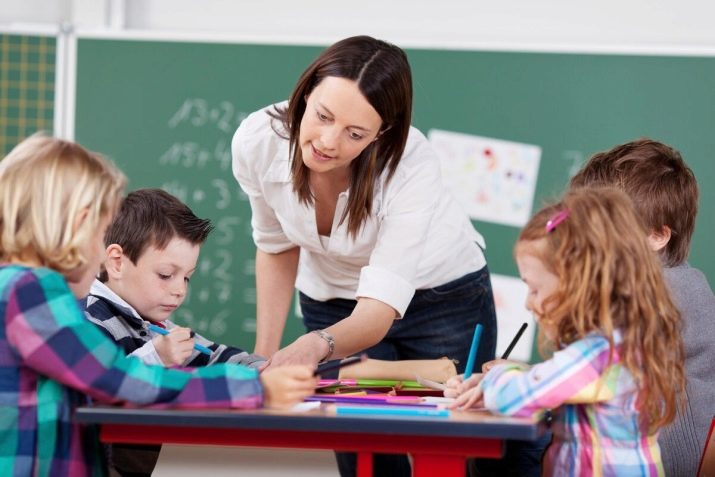
Great educators
The most famous teachers who have made a huge contribution to the development of pedagogy are the following personalities.
- Jan Amos Comenius - Czech teacher of the 17th century, who actively promoted the humanitarian theory of teaching the younger generation. It was he who promoted the ideas of universal education, classroom-lesson form of education, and the introduction of the concept of "academic year".
- Johann Heinrich Pestalozzi - Swiss humanist of the late 18th and early 19th centuries. Supporter of the harmonious development of physical, mental and moral capabilities in a general approach to learning.
- Janusz Korczak - a famous Polish teacher, the founder of the doctrine that pedagogy should be based on love and full respect for the student. He promoted the principle of the dissimilarity of children, which influenced the educational system of children in accordance with the difference in the possibilities of understanding them.
- Konstantin Dmitrievich Ushinsky - a famous teacher who is rightfully considered the father of Russian pedagogy. It was he who was the first in our country to emphasize the need for moral education of the child. Another idea of Ushinsky was the theory of the importance of preserving national identity. In the century before last, the main language of instruction in Russia was French - it was Ushinsky who declared the need to make "Russian schools Russian".
- Lev Semenovich Vygotsky... This scientist became the founder of correctional pedagogy, he put forward and substantiated the theory that the teacher should use the achievements of psychology in his work.
- Anton Semenovich Makarenko - the ideologist of the theory of integrative education. In accordance with his ideas, a person is not a person from birth, therefore he must be brought up in a team, where he must learn to defend his position. His doctrine formed the basis of a humanistic education that requires respect for any student as a person.
